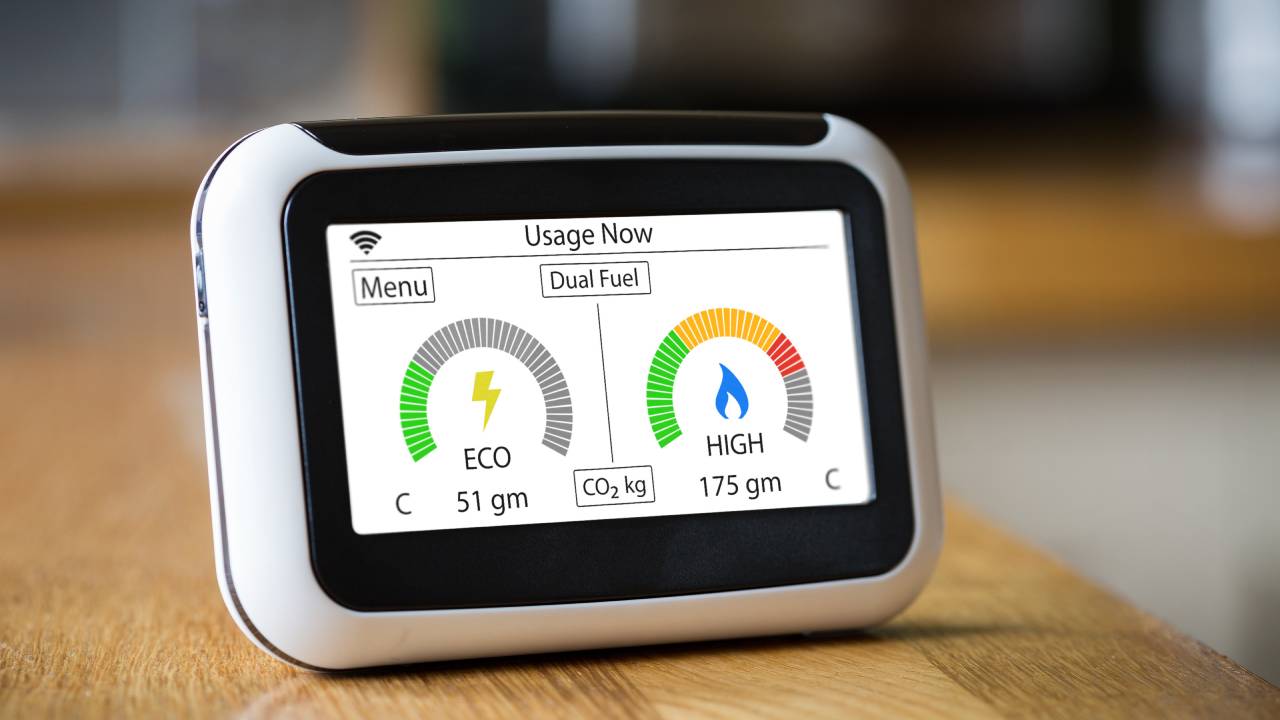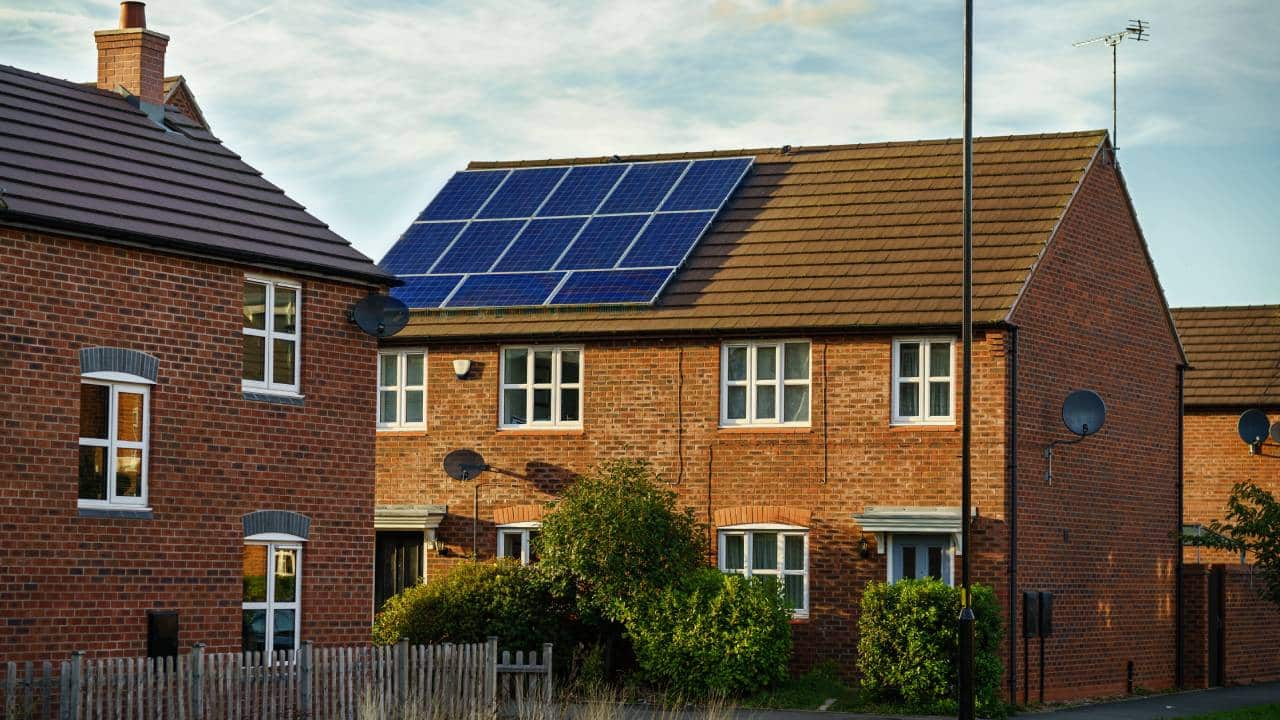Disclosure: FMB Home Picks is committed to delivering independent advice and reviews on home products and services. When you purchase through links on our site, we may earn an affiliate commission. Learn more Contact us.
Discover how the integration of smart meters and solar panels is revolutionising the renewable energy landscape, empowering households to optimise their energy consumption, reduce costs, and pave the way for a more sustainable future.

(Image credit: Adobe)
Solar panels convert sunlight into electricity using photovoltaic (PV) cells. They can be installed on residential properties to generate clean and renewable energy. Solar panels can help reduce energy costs and carbon emissions by producing electricity on-site while promoting energy independence. Combining your solar panel system with a compatible smart meter brings a number of benefits.
Smart meters are digital devices that measure electricity and gas consumption in real-time, replacing traditional analogue meters. They provide more accurate and up-to-date information on energy usage, allowing homeowners to monitor and adjust their consumption habits accordingly. Smart meters communicate with utility companies, enabling them to monitor energy usage and facilitate billing remotely.
To fully benefit from a smart meter with solar panels, it is essential to have a compatible meter installed. Some older smart meters might not be able to measure exported energy, so it’s important to check with your utility company or meter provider to ensure compatibility.
Prior to 2018, first-generation smart meters (SMETS 1) were installed. These came with several issues, the most common being that the meter could stop recording energy data when users switched suppliers. Rather than a dedicated smart meter network, most SMETS 1 used 3G, and this appeared to be causing the problems.
In 2018, the new, improved second-generation smart meters (SMETS 2) were rolled out with a dedicated Wide Area Network (WAN) for the energy suppliers to connect and manage the meters.
SMETS 2 are designed to work with solar panels, allowing homeowners to see how much electricity they use – both supplied and generated. They also track the amount that is sold back to the National Grid. While most energy providers have systems fully compatible with solar panels, a few, such as E.On, are still to catch up. Always check with your provider if you aren’t sure about your smart meter compatibility.
The average home can save £1,190 every year with solar panels!
Smart meters can track both the energy consumed from the grid and the surplus energy generated by the solar panels. This real-time monitoring helps users understand their energy usage patterns and adjust their consumption accordingly.
Through the Smart Export Guarantee (SEG) many utility companies can buy back any surplus energy your solar panels generate. Smart meters are crucial in tracking this information and ensuring accurate SEG payments.
Smart meters can help optimise energy consumption by providing users with detailed data about their usage patterns. This information can identify areas where energy efficiency could be improved, such as adjusting the timing of energy-intensive activities to coincide with periods of high solar generation.

(Image credit: Adobe)
There are several benefits to using smart meters in conjunction with solar panels:
Reading a smart meter with solar panels can be slightly different depending on the specific make and model of your meter, but generally, there are a few key values you should pay attention to:
Remember that each smart meter model can have different display features and navigation methods. Be sure to consult your smart meter’s user manual or contact the manufacturer for specific instructions on how to read and interpret the data from your meter.
When you have solar panels, it’s essential to have a meter that can measure the energy your system generates and the energy you consume from the grid. This type of meter is often called a “bidirectional meter” or “net meter”. It keeps track of the energy you export to the grid and the energy you consume, allowing you to get reimbursed for the excess energy your solar panels produce.
If you have a first-generation model, you can request an upgrade to the newer version from your energy supplier, which should be free of charge.
If your smart meter is a second-generation model, it should be optimised to collect data from your solar panel system; however, your energy provider can confirm this if you are unsure.
You can have a smart meter with solar panels if you’re a British Gas customer.
In the UK, many energy suppliers, including British Gas, support smart meters for customers with solar panels. When you have both a smart meter and solar panels, you can track how much electricity your panels generate, how much energy you’re using, and how much you’re exporting back to the grid.
Octopus Energy is a UK energy supplier that supports renewable energy generation; its smart meters can work in conjunction with solar panels to help you monitor your energy usage and generation more accurately.
Octopus Energy also participates in the SEG scheme, which requires energy suppliers to pay customers for any excess renewable electricity they export back to the grid. If you have solar panels and a smart meter with Octopus Energy, you can benefit from the SEG payments for exported energy.